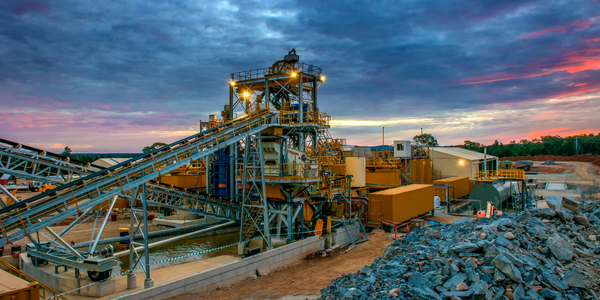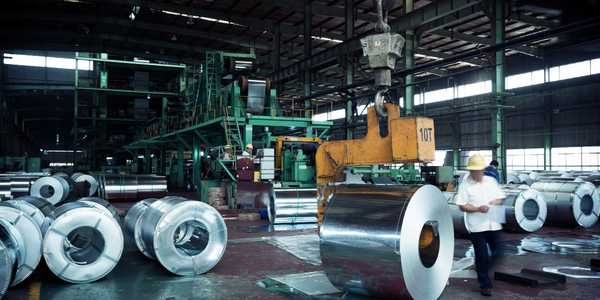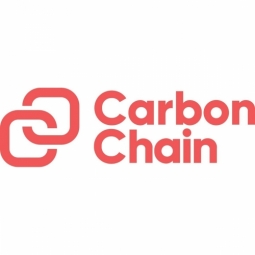Driving Carbon Reductions in Trade Finance: A Case Study on Societe Generale and Concord
- Application Infrastructure & Middleware - Database Management & Storage
- Platform as a Service (PaaS) - Application Development Platforms
- Metals
- Retail
- Logistics & Transportation
- Procurement
- Continuous Emission Monitoring Systems
- Leasing Finance Automation
Societe Generale, a leading European financial services group, was facing a challenge in understanding the carbon footprint of its commodity trade finance portfolio. The company needed granular, actionable data to analyze its trade loan portfolio’s emissions and comprehend the carbon footprint of complex individual supply chains it finances globally. The commodities financed, such as oil, gas, metals, and agricultural materials, are some of the most carbon-intensive products. Therefore, understanding the embedded emissions in these financed trades was a critical first step towards reducing them in line with Societe Generale’s sustainability goals. However, obtaining accurate, asset-level emissions data for extractive and agricultural commodity supply chains was complex. The company sought to support its clients, like Concord Resources Limited, in their journey towards carbon neutrality, but lacked the necessary data to do so effectively.
The clients in this case study are Societe Generale and Concord Resources Limited. Societe Generale is one of Europe's leading financial services groups and a major player in the economy for over 150 years. It supports 30 million clients every day with 133,000 staff in 61 countries. The Group combines financial strength, proven expertise in innovation and a sustainable growth strategy with the objective of creating value for all stakeholders. Concord Resources Limited, on the other hand, is a commodity merchant focused on non-ferrous metals and associated raw materials. Founded in 2015, it has grown to become one of the leading global independent metals and minerals traders. Concord is headquartered in London with representative offices in New York, Connecticut and Hong Kong.
In 2020, Societe Generale, Concord, and CarbonChain launched a pilot project to address this challenge. CarbonChain’s platform was used to enable information sharing and tracking for each of the trades that Societe Generale was financing for Concord. The AI-powered technology and growing emissions database of CarbonChain calculated each trade’s carbon footprint across the entire supply chain and broke it down by asset and stage. Beyond the calculations, CarbonChain also provided actionable insights and facilitated agreements between financier and trader. The platform rated suppliers on a traffic light system according to their carbon intensity and impact to overall goal. It also provided external and international benchmarks for key activities and assets, revealing potential emissions reduction opportunities at key stages in the supply chain. The emissions insights helped Societe Generale start developing KPIs to monitor and evaluate customer performance over time.
Related Case Studies.











